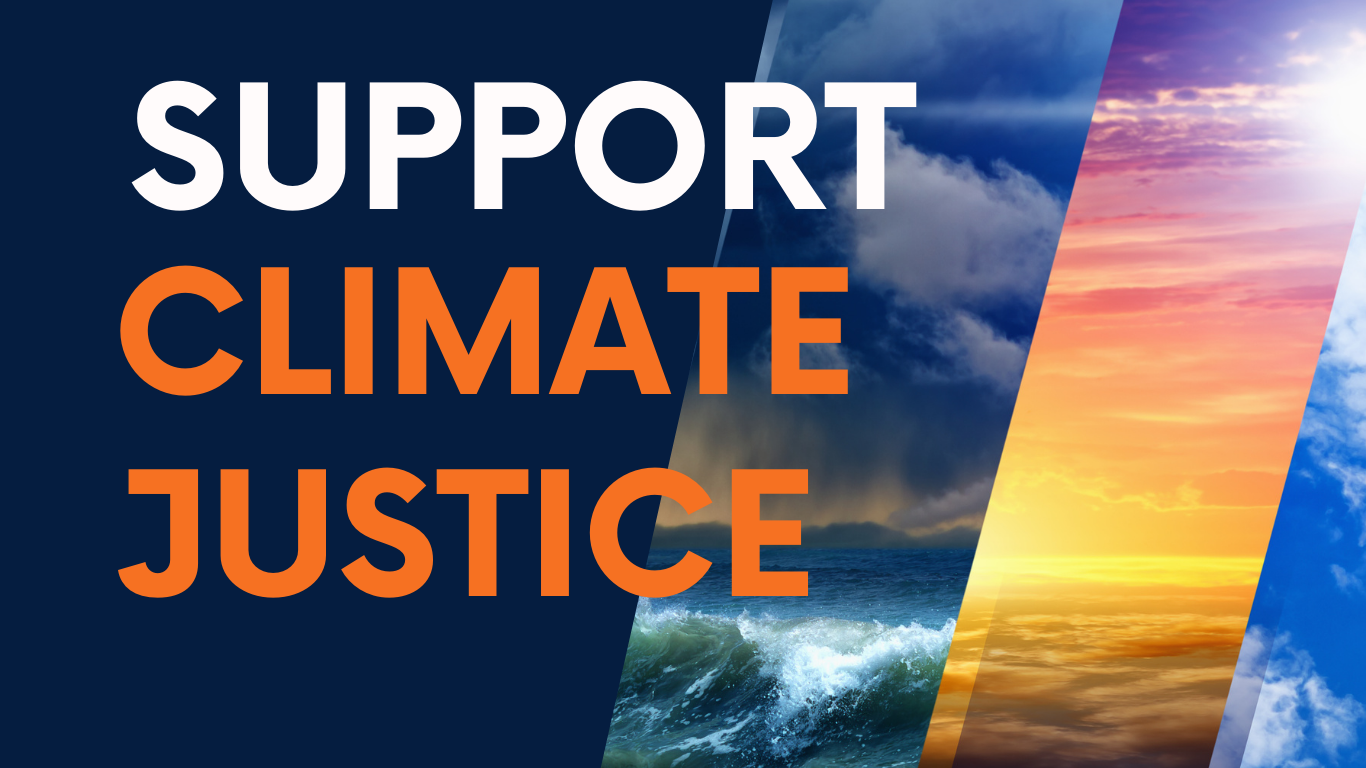A study published this week by Science looks at how half of the world’s glaciers will lose mass from rapid melting even if the 1.5ºC Paris Agreement goals are met. The study explains their calculation exceeds what was previously projected in the IPCC report. This spells more uncertainty for nations living in those most vulnerable low-lying states and a need for greater ambition from governments and multilateral entities.
Glaciers provide freshwater for millions, and while they melt naturally, scientists have found global warming has been increasing the rate of loss. The melting of glacial land ice sheets in Greenland and the Antarctic has been studied in depth. This new study looks at how natural ice in central Europe, Western Canada, and America is projected to thaw at an alarming pace even with the current ambition.
Tracking glacial ice before it melts
Lead author of the study, Dr. David Rounce told the Guardian, “This is the first time we have isolated the number of glaciers that will be lost – before it was the total mass loss.”
According to the study, even if the temperature increase is limited to 1.5ºC, sea levels will still rise by 90mm or about 3.5 inches from 2015 to 2100. On the current trajectory, which puts us at 2.7ºC, sea levels are projected to rise by around 115mm. According to the report, these scenarios are about 23% above the previous model estimates by the IPPC.
Melting Glaciers, Sea-level Rise and SIDS
Over 70% of the population in the Caribbean lives and works in coastal communities. The United Nations estimate that 65 million people live in Small Island Developing States (SIDS) around the world. The rise of sea levels caused by melting glaciers put nations at risk, and these will be compounded if steps are not taken to curb global greenhouse gas emissions. These SIDS were the first to make the call to limit global temperature rise to 1.5ºC above pre-industrial levels.
More Ambition…Please
At this time, global temperature has risen 1.2ºC above pre-industrial levels. Considering the lack of policy and action from the governments at this time, the world is on track to warm by 2.7ºC above pre-industrial levels by 2100.
Even if all the goals of the Paris Agreement are implemented, the globe is projected to still see a warming of 1.8ºC according to the think-tank Climate Action Tracker.

The new study finds that this will drive up the rate of melting glacial ice and ultimate sea level rise worldwide. This calls for increased ambition from world leaders.
“Rapidly increasing glacier mass losses as global temperature increases beyond 1.5C stress the urgency of establishing more ambitious climate pledges to preserve the glaciers in these mountainous regions,” the study states.
“Any change in the ice volume stored on land, as ice sheets and glaciers grow or shrink, has a direct impact on global mean sea level.” An article from Climate Copernicus states. They outlined that melting glaciers are said to account for about one-third of sea level rise.







